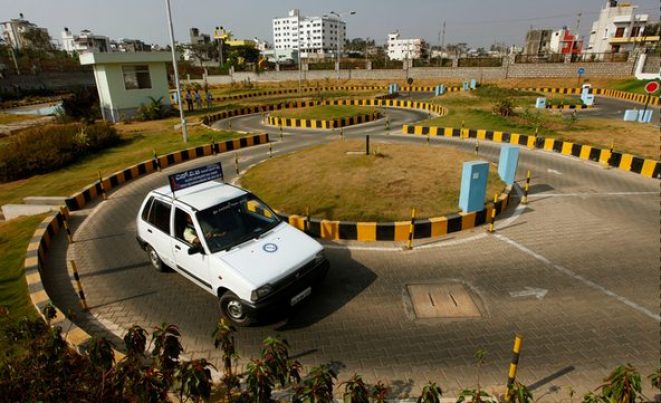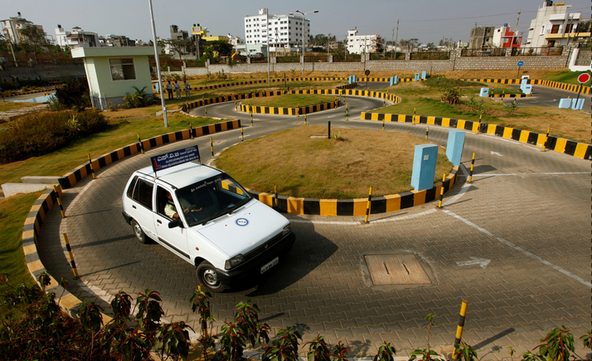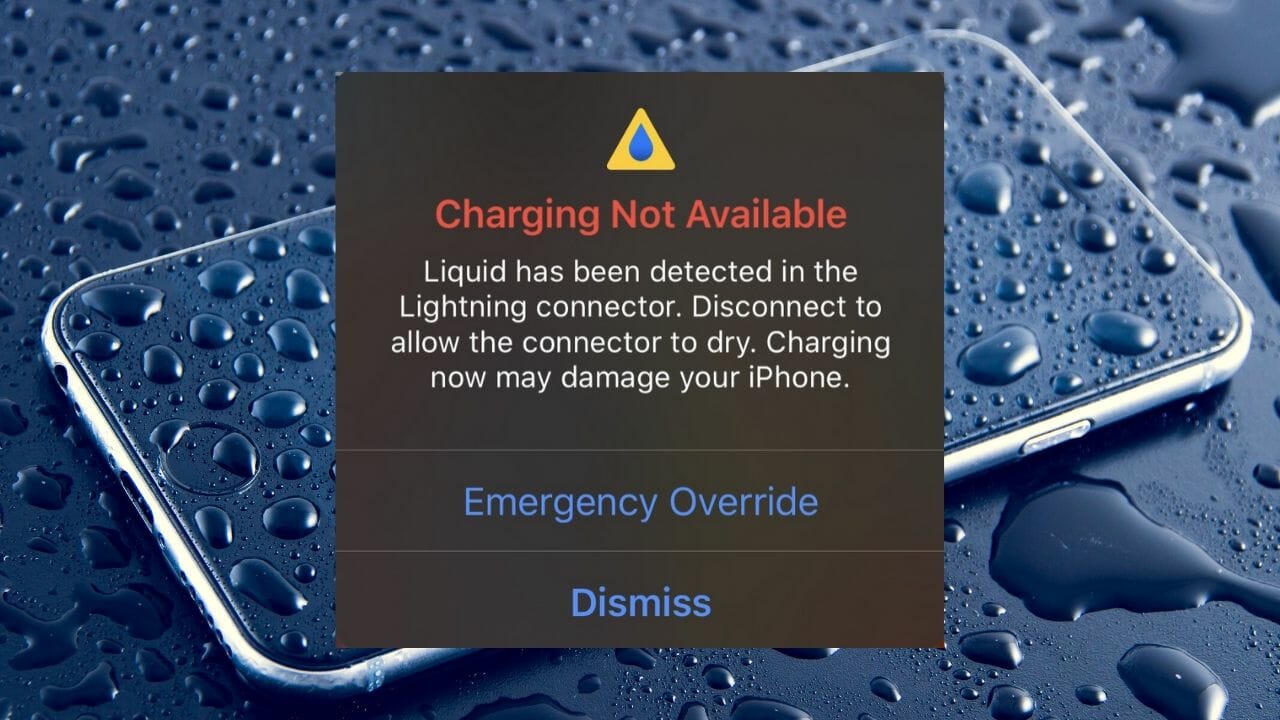Passing the DVSA (Driver and Vehicle Standards Agency) theory test is a crucial step on your journey to obtaining a driving license in the United Kingdom. This test assesses your knowledge of road rules, traffic signs, and safe driving practices. While it may seem daunting, with effective preparation and a clear understanding of what to avoid, you can increase your chances of success. In this comprehensive guide, we’ll highlight common mistakes that test-takers make in the DVSA theory test and provide valuable tips to help you steer clear of these pitfalls.

Understanding the DVSA Theory Test
Before delving into the mistakes to avoid, let’s briefly review the structure of the DVSA theory test:
Test Components: The DVSA theory test consists of two main sections—the multiple-choice questions section and the hazard perception test.
Passing Requirements: To pass the theory test, you must achieve a minimum passing score in both sections. Typically, you need to score around 43 out of 50 (86%) correct answers in the multiple-choice section and 44 out of 75 (59%) points in the hazard perception section.
Test Duration: The theory test usually takes approximately 75 minutes to complete both sections, including a short break between them.
Common Mistakes in the DVSA Theory Test
- Lack of Preparation
Mistake: Underestimating the complexity of the DVSA theory test and not dedicating sufficient time to preparation.
Tip: Start your preparation well in advance and create a study schedule. Use official DVSA study materials and online resources for practice. Regularly take mock tests to assess your progress.
- Ignoring the Hazard Perception Test
Mistake: Focusing solely on the multiple-choice questions and neglecting the hazard perception test.
Tip: Dedicate ample time to practicing hazard perception. Understand the scoring system, and practice clicking for developing hazards at the right moment. This test is equally important for passing.
- Rushing Through Questions
Mistake: Answering questions hastily without reading them thoroughly or considering all answer choices.
Tip: Take your time to read each question carefully. Eliminate obviously incorrect answer choices through the process of elimination. Review your answers before moving on.
- Not Using the Process of Elimination
Mistake: Not using the process of elimination to narrow down answer choices.
Tip: If you’re unsure about an answer, eliminate options that are clearly incorrect. This increases your chances of selecting the correct answer.
- Poor Time Management
Mistake: Not managing your time effectively during the test, leading to rushed answers or unfinished questions.
Tip: Allocate a specific amount of time for each section and question. If you encounter a challenging question, mark it for review and return to it later if necessary.
- Neglecting Road Signs and Markings
Mistake: Failing to pay sufficient attention to road signs and markings in practice.
Tip: Road signs and markings are essential components of the DVSA theory test. Familiarize yourself with their meanings, shapes, and colors.
- Overlooking the Official Highway Code
Mistake: Not studying the official Highway Code thoroughly.
Tip: The Highway Code is a comprehensive guide to road rules and safety. It’s essential reading material for your theory test preparation. Make sure you understand its contents.
- Lack of Hazard Awareness
Mistake: Not recognizing and responding to developing hazards during the hazard perception test.
Tip: Practice hazard perception regularly. Develop your ability to spot potential hazards early and click at the appropriate moment.
- Misunderstanding Scoring Rules
Mistake: Not fully understanding how the theory test is scored.
Tip: Familiarize yourself with the scoring system for both sections of the test. Knowing what to expect in terms of passing scores will help you strategize during the exam.
- Allowing Nerves to Overwhelm You
Mistake: Allowing nervousness to negatively impact your performance on test day.
Tip: Practice relaxation techniques, such as deep breathing, in the days leading up to the test. Remind yourself of your preparation and stay focused on each question during the exam.
Tips for DVSA Theory Test Success
Now that we’ve highlighted common mistakes, let’s explore some tips to ensure your success in the DVSA theory test:
- Thoroughly Prepare
Begin your preparation well in advance of the test date. Create a study schedule and commit to regular practice.
- Balance Your Focus
Allocate sufficient time to both the multiple-choice questions and the hazard perception test. Don’t neglect one in favor of the other.
- Read Questions Carefully
Take your time to read each question thoroughly. Ensure you understand what is being asked before selecting an answer.
- Use the Process of Elimination
If you’re uncertain about an answer, eliminate incorrect options to increase your chances of selecting the correct one.
- Manage Your Time
Monitor your time during the test. Allocate a specific amount of time per question or section and stick to it.
- Prioritize Road Signs and Markings
Pay close attention to road signs and markings during your preparation. They are integral to the test.
- Study the Highway Code
The official Highway Code is your essential guide to road rules and safety. Study it thoroughly.
- Practice Hazard Perception
Practice hazard perception regularly. Focus on spotting developing hazards early and clicking at the right time.
- Understand Scoring Rules
Familiarize yourself with the scoring system for both sections of the test. Know the passing requirements.
- Stay Calm and Composed
On the day of the test, stay calm and composed. Practice relaxation techniques to manage nervousness.
Conclusion
The DVSA theory test is a significant step on your journey to becoming a licensed driver in the UK. By avoiding common mistakes, thoroughly preparing, and following the provided tips, you can increase your chances of success. Remember that passing the test isn’t just about earning a license; it’s about ensuring you have the knowledge and awareness to be a safe and responsible driver on the road.


























